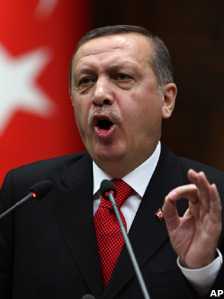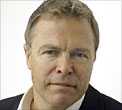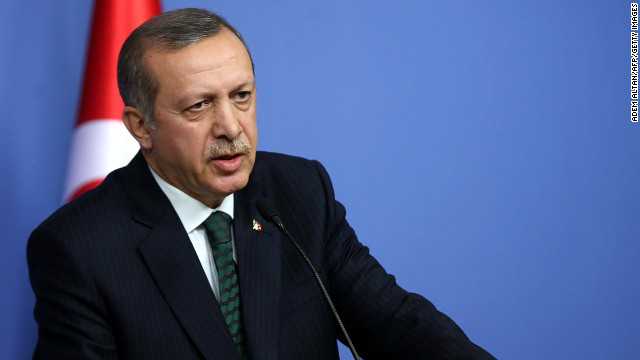By Austin Bay
Even for a television talk show, it was an extraordinary claim.
During his January 1, 2000, end-of-the-millennium broadcast, “McLaughlin Group” host John McLaughlin declared that his award for “the Person of the Full Millennium” went to the founder of modern Turkey, Mustafa Kemal Ataturk, a “Muslim visionary who … abolished the Ottoman sultanate … emancipated women … the only leader in history to successfully turn a Muslim nation into a Western parliamentary democracy and secular state.
Quite a claim, but fact supports it. Ataturk’s pragmatic approach to modernizing a nation devastated by World War I and subsequent regional violence has real resonance for Arab Spring 2011’s continuing drama. Ataturk left Turkey with a democratic political structure, and Turkey’s democracy is his still evolving legacy. This “Turkish Model” influences contemporary Arab modernizers.
However, last month’s resignation of Turkey’s most senior military officers is indicative of Turkey’s domestic political struggles, as well as its internal battles over what Ataturk’s vision means in the 21st century. From the staunch Turkish secularist point of view, the resignations marked the bitter end of Ataturk’s separation of mosque and state and the stealthy return of Islamist tyranny.
Ataturk used the Turkish military as an instrument for modernizing the nation; the Turkish military committed itself to protecting republican Turkey’s secular political system. The leaders of the Justice and Development Party (AKP, Turkey’s governing moderate Islamist political organization) claim the resignations demonstrate that they are solidifying civilian control over the military — that’s how democracies do it — and therefore forwarding Ataturk’s visionary goals.
Princeton foreign affairs professor Sukru Hanioglu’s new book, “Ataturk: An Intellectual Biography” (Princeton University Press, 2011), provides clarifying insight in this unsettled moment.
Hanioglu explores the ideas that stimulated Ataturk’s mind and political imagination and influenced the modernization program he pursued in Turkey after 1923.
Hanioglu’s Ataturk is not a “sagelike dispenser of wisdom” (the Ataturk cult-of-personality narrative) but a very “down-to-earth leader who strove to realize a vision not depending on any one ideology but by utilizing a range of sources.”
Ataturk’s hometown, Salonika (Greek Thessalonica), was a cultural amalgam — a seaport with Greek, Slavic, Turkish and Jewish communities mixing and clashing. The city was as eclectic as Ataturk’s intellectual influences, which included H.G. Wells, Thomas Henry Huzley and Gustave Le Bon. Ataturk blended diverse and often contradictory influences; Hanioglu notes that Ataturk was influenced by both authoritarian doctrines and Enlightenment liberalism. The political expression of this eclecticism — at times utilitarian, at times expedient — was a “nationalism sanctified by science.”
Ataturk built on the work of 19th-century Ottoman Empire modernizers who “embraced a modernity within the parameters of an international civilization.” Hanioglu argues that Ataturk’s philosophical eclecticism and his pursuit of goals advocated by previous Turkish modernizers in no way diminishes Ataturk’s political achievement. Ataturk’s creative genius was creative, transformative leadership.
Yet, even Ataturk never fully bridged the “tension between the traditional and the modern” that was evident in the late 19th century Ottoman Empire. The AKP’s scrap with the Turkish military reflects this tension. (At one point, Hanioglu notes that Ataturk believed “the crude intervention of the military in politics” would ultimately harm the military as an institution.)
Arguably, the AKP itself — if we can take their leaders at their word — is an attempt to further the process of harmonizing Turkish Muslim social values and secular electoral politics. Mob confrontations between liberalizers and Muslim Brotherhood extremists in Cairo’s Tahrir Square are an anarchic expression of this tension in the Arab Muslim context. Libya’s chaotic civil war takes the tension further into the abyss of violence and uncertainty.
These current conflicts attest to the continuing value of Ataturk’s Turkish achievement.
Austin Bay is a syndicated columnist.
via Ataturk’s vision for Turkey slowly diminishing | Sun Journal.




 I’m
I’m 

